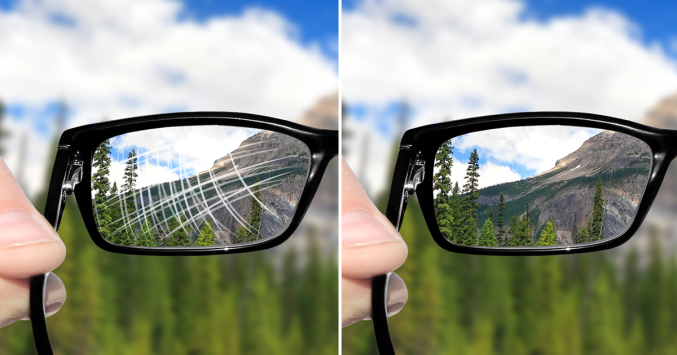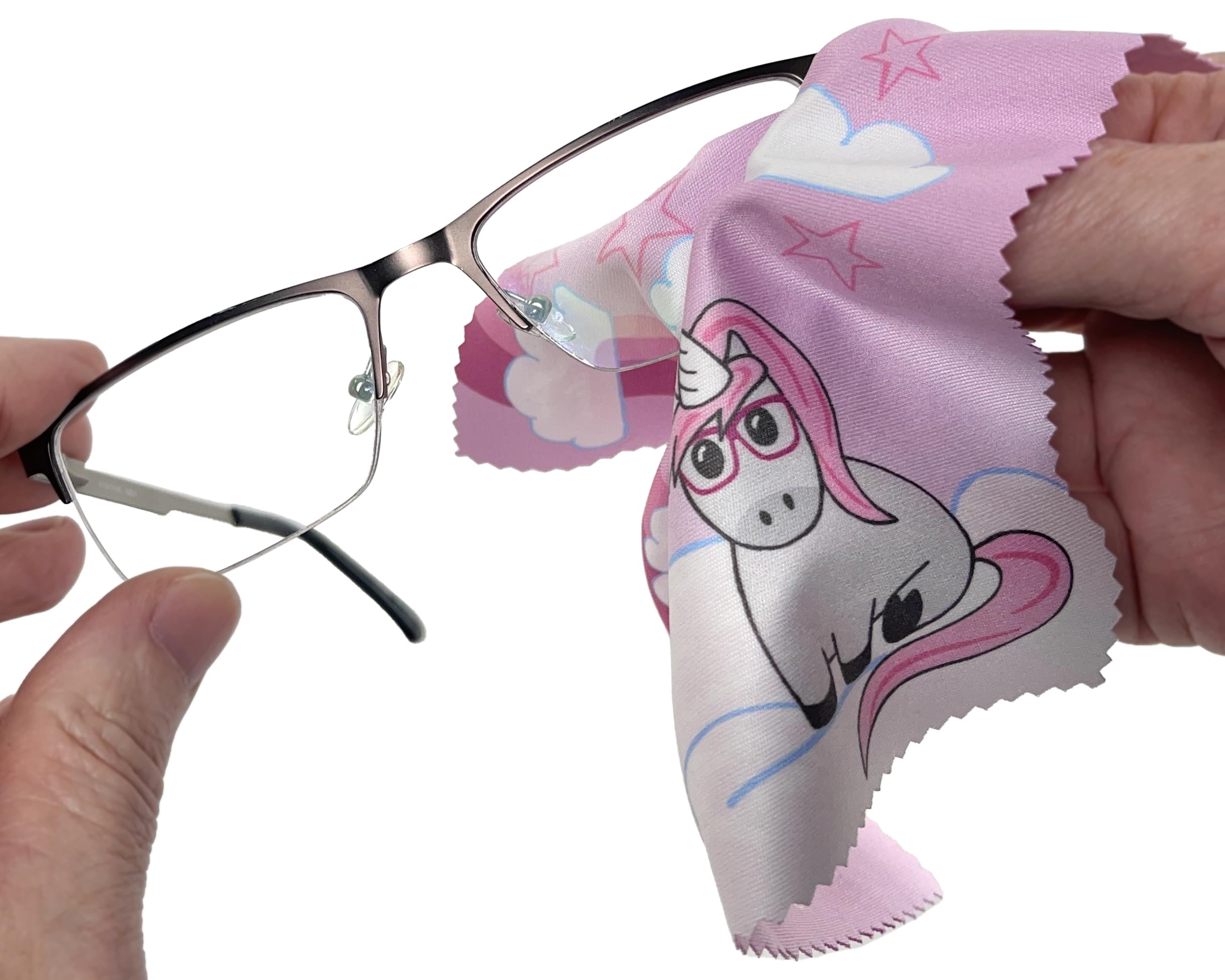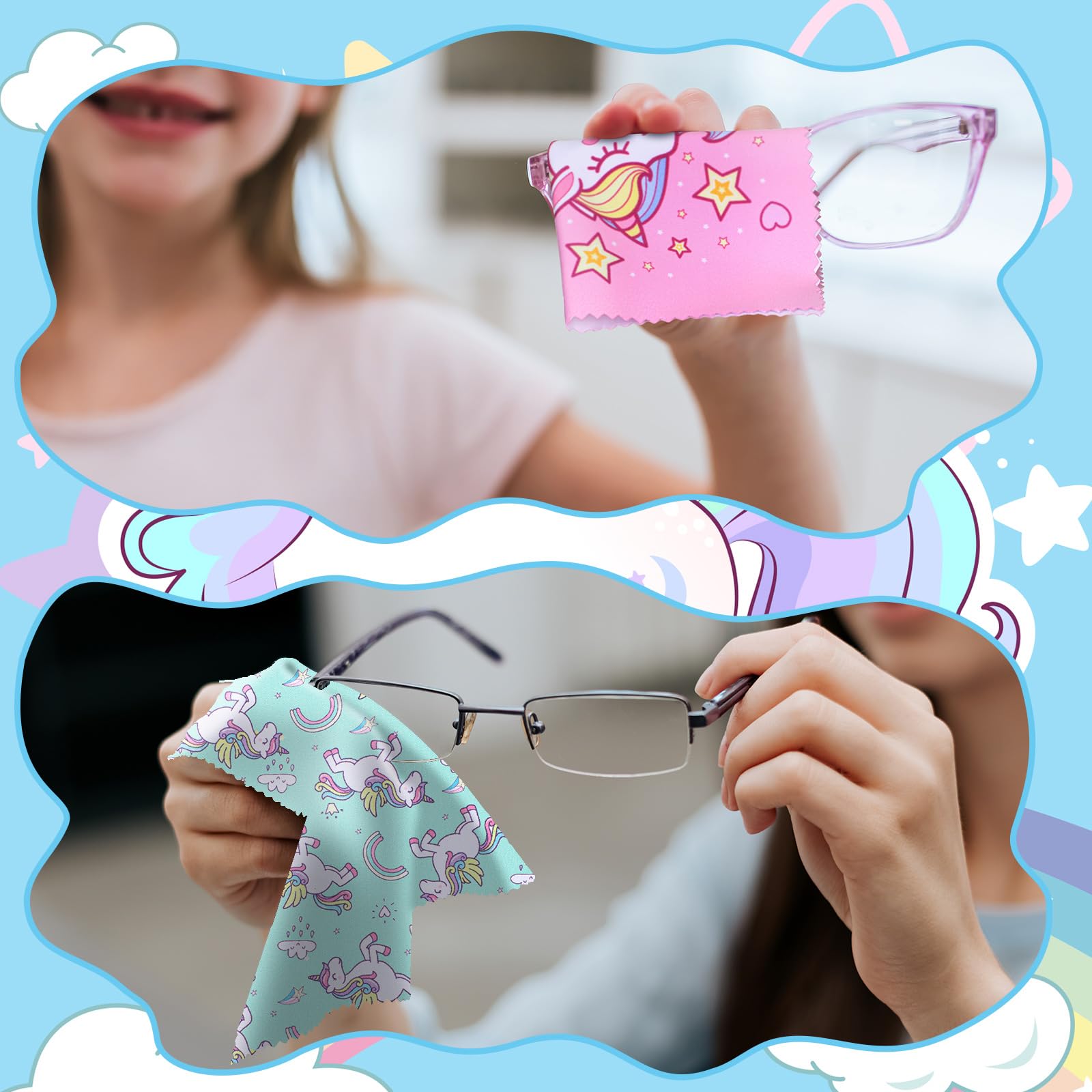Scratch-resistant means a surface or material that is resistant to scratches than an unprotected surface, but can still be scratched.
Scratch-proof is a quality of a product that implies the toughness of that particular product. This means no amount of external pressure can break the product.

[4] Prescription eye-ware and Sunglasses
To make surfaces of eye ware scratch resistant, an external coating is generally applied on it that prevents minor damage. This is a very thin coating is made from diamond like carbon and polycrystalline material which does not hamper the vision of the person wearing it. This coating only prevents minor damage and does not offer a long term protection. Other products that come with this protection include camera lenses, iPods and MP3 players, computer screens, DVDs and CDs, cars, and so on.
Thus, the difference between scratch proof and scratch resistant is more a matter of semantics than anything else. It is best to take proper care these items, and store these products in a safe place to avoid scratches. Once damaged, it is not possible to repair these scratches and most likely the item will need to be replaced.
what to expect from your new glasses
If you are getting eyeglasses for the first time, or getting a new prescription, please allow 1-2 weeks for your eyes to adjust to the new lenses. In the beginning, you could experience mild dizziness, headaches or even slight nausea. These symptoms are normal; however, if they persist, call your optician office.
If you experience any problems with your new frames, including discomfort on the nose or ears, return to your optician office for an adjustment. Also, your glasses should remain stationary on your face when you nod or turn your head. If your glasses slide down your nose or tilt to one side, they will be happy to adjust them for you. Please do not try to adjust them yourself.

caring for your new glasses
Always keep your glasses in a case when not in use. This will protect your lenses from scratched and will also help to extend the life of your frame.
To avoid scratching, never lay your lenses directly on any type of hard or abrasive surface.
Be sure to use two hands when putting on or removing your glasses. One-handed techniques are one of the most common cause of glasses coming out of alignment.
Never wear your glasses on the top of your head. This can cause your glasses to lose their shape.
Your glasses will last longer if you have them adjusted periodically. This allows us to check for loose screws or other possible problems. If your frame breaks, do not attempt to repair it with tape or glue. Bring it to us, and we will repair it properly.
cleaning your new glasses
Clean your frames and lenses on a regular basis.
Use a mixture of 50:50 rubbing alcohol and water in a squirt bottle. This is the best solution to remove any smudges or oils on the lenses. Then use a 100% cotton cloth or the provided microfiber cloth to dry them.
To avoid scratching, never wipe your lenses when they are completely dry. Never use any paper
products, i.e., paper towels or tissues.[1] eResearch by Navid Ajamin -- summer 2012
How To Prevent Scratching Your New Glasses

There is nothing worse than spending $500 on a beautiful pair of glasses with high quality lenses and scratching them shortly after your purchase. Scratching your lenses is usually never covered under your warranty. That is because it is 100% preventable. So you may ask, what can I do to prevent scratching my glasses? Here are some steps to help keep your glasses looking new.
- Keep your glasses on your face and when they are not on your face put them into a glasses case.
- Do not drop your glasses. Large scratches are usually caused by dropping your glasses on a hard surface.
- Never store your glasses in your pockets or purse without them being in a glasses case. This includes your shirt pockets, jean pockets, or coat pockets.
- Clean your glasses regularly.
- Purchase and anti-scratch coating to help minimize scratches.
- Anti-reflective coatings can be scratch very easily. It is important to take extra good care of your glasses if you purchase an anti-reflective coating.
- Never use your shirt or any abrasive material or abrasive soap to clean your glasses.
- Never set your glasses down on an end table or nightstand without being in a case.
- Accidents happen and your glasses can easily be knock off a table and scratched or stepped on.
- For some reason children and dogs like to play with glasses…..to not let them!
- ALWAYS PUT YOUR GLASSES IN A GLASSES CASE WHEN THEY ARE NOT BEING USED. If your glasses are on your face or in a case you will rarely scratch them.[2]

An anti-scratch or scratch-resistant coating is a film or coating that can be applied to optical surfaces, such as the faces of a lens or photographic film. The coating does not interfere with how the lenses function and does not affect vision, but creates a permanent bond with the lens that reduces the appearance of hairline scratches which is common to eyeglass lenses.
Though an anti-scratch coating is not 100% scratch-proof, it helps to prevent minor scratches that can easily happen to a regular lens. These minor scratches can damage the surface of the lens and impair vision. An anti-scratch coating acts as a protective layer thus making the lenses more durable.[3]
It's best to only use mild washing-up liquid to clean sunglasses. Using materials other than microfibre fabrics, including paper products like paper towels and tissues, can scratch the lenses of your sunglasses. To ensure you don't damage your lenses, it's best to always use a microfibre cloth for cleaning.
Reference:
- drdodgeod.com
- visiononesource.com
- en.wikipedia.org/wiki/Anti-scratch_coating
- diffen.com/difference/Scratch_Proof_vs_Scratch_Resistant
See Also:
- How to Prevent Scratching Your Glasses
- How to Clean Sunglasses without Scratching the Lenses
 وبلاگ تخصصی عینک شامل مجموعه مطالب پزشکی است که اطلاعات مفیدی در رابطه با عینک , چشم، لنز، سلامتی چشم و راه های پیشگیری از بیماریهای چشمی، کنترل و درمان آن را در اختیار شما کاربر محترم می گزارد.
وبلاگ تخصصی عینک شامل مجموعه مطالب پزشکی است که اطلاعات مفیدی در رابطه با عینک , چشم، لنز، سلامتی چشم و راه های پیشگیری از بیماریهای چشمی، کنترل و درمان آن را در اختیار شما کاربر محترم می گزارد.